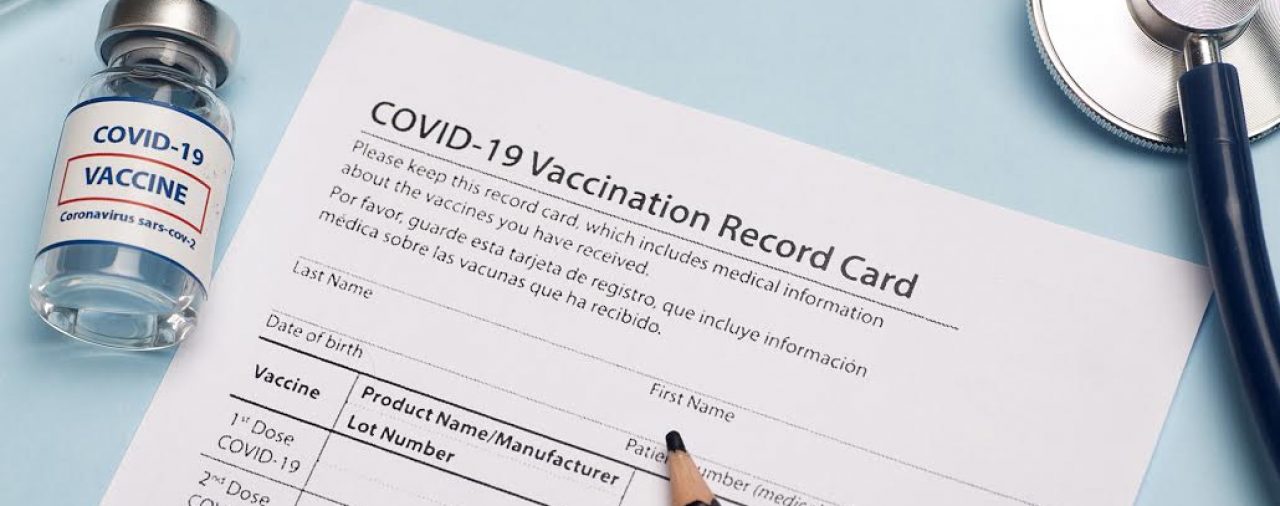Content Highlights
Have you been told that you cannot return to work unless you are vaccinated against COVID-19? Are you wondering if your employer can require employees to have a vaccination?
The technical answer is “yes,” except if you have a disability or a religious belief that prohibits vaccinations. But an employer should consider several factors before requiring vaccination. If you’re facing a dilemma about vaccinations at work, give us a call.
Is the Vaccine Requirement Legal?
Employers can legally require the COVID-19 vaccine, and employees must comply with the terms and conditions of their employment. Since employment generally is at will, employers set working conditions according to what they think is safe for their employees. We explained at-will employment in a previous blog post.
“Companies can fire at-will workers for any legal reason, which could include refusal to comply with a vaccine mandate,” as reported in the Washington Post. OSHA requires employers to provide a safe and healthy workplace. Some employers, especially those in the healthcare industry, will require vaccinations. But many employers may not.
Are There Exceptions to Being Required to Be Vaccinated?
Yes. Company policies must comply with the Americans with Disabilities Act (ADA), Title VII of the Civil Rights Act of 1964 (Title VII), and other workplace laws, according to the EEOC.
Title VII requires an employer to reasonably accommodate an employee’s sincerely held religious belief, practice or observance, unless it would cause an undue hardship on the business. The ADA requires employers to provide a reasonable accommodation to an employee who, though disabled, can still perform the essential functions of the job with the accommodation. It is conceivable that an employee may have a medical condition that prevents her or him from being vaccinated, a disability.
The potential medical and religious accommodations are two exceptions for requiring an employee to become vaccinated. Most employers who require COVID-19 vaccinations will require an employee claiming an exception to apply and provide proof supporting the claimed exception.
If an employee who cannot be vaccinated poses a direct threat to the safety of others in the workplace, the employer must consider whether a reasonable accommodation can be made. The EEOC provides extensive explanations for these two exceptions.
Many employers outside the healthcare industry are using incentives to encourage employees to take the COVID-19 vaccination. For example, employers may:
- Provide education and instructive materials to employees about the vaccinations;
- Make the vaccine easily attainable for employees who wish to be vaccinated;
- Cover any costs that might be associated with getting the vaccine;
- Provide paid time off for employees to get the vaccine and recover from any potential side effects.
An employer should consider the consequences when offering an incentive consisting of a reward or remuneration. With the politicization of the vaccine, mask policies, and the regulatory environment that has evolved around the coronavirus, offering special incentives, such as paying employees monetary bonuses for getting the vaccine, may be seen by some employees as a political move.
What Do the CDC and the State of Texas Recommend for Vaccinations?
Your employer should know the CDC guidelines and recommendations. There are three phases of the vaccine distribution. Phase 1A has already been distributed.
Phase 1B according to the CDC includes:
- Frontline workers in the healthcare, education, law enforcement department, grocery workers;
- Ages 75+.
The next phase (1C) under CDC includes:
- Ages 65-74;
- People aged 16—64 years with underlying medical conditions;
- Other essential workers, such as people who work in transportation and logistics, food service, housing construction and finance, information technology, communications, energy, law, media, public safety, and public health.
Texas chose to redefine the various phases:
- 1A – Frontline healthcare workers and residents at long-term care facilities;
- 1B – People 65+ or people 16+ with a particular health condition that increases risk of severe COVID-19 illness;
- 2 – Critical groups, rural communities;
- 3 – Access across the entire population.
It Is Your Choice to Become Vaccinated
You can never be forced to be vaccinated by your employer. But remember, the company can decide how to run its business and the safety precautions that it believes are best suited for all employees and others coming into the workplace. If your employer does require COVID-19 vaccinations and you do not fall under the EEOC exceptions, you will have a decision to make, which is to either become vaccinated or look for another job elsewhere.
At Gardner Employment Law, we have given seminars to other lawyers on coronavirus laws, and we know what your employer can and cannot require. Contact us if you are in doubt and need expert advice.

